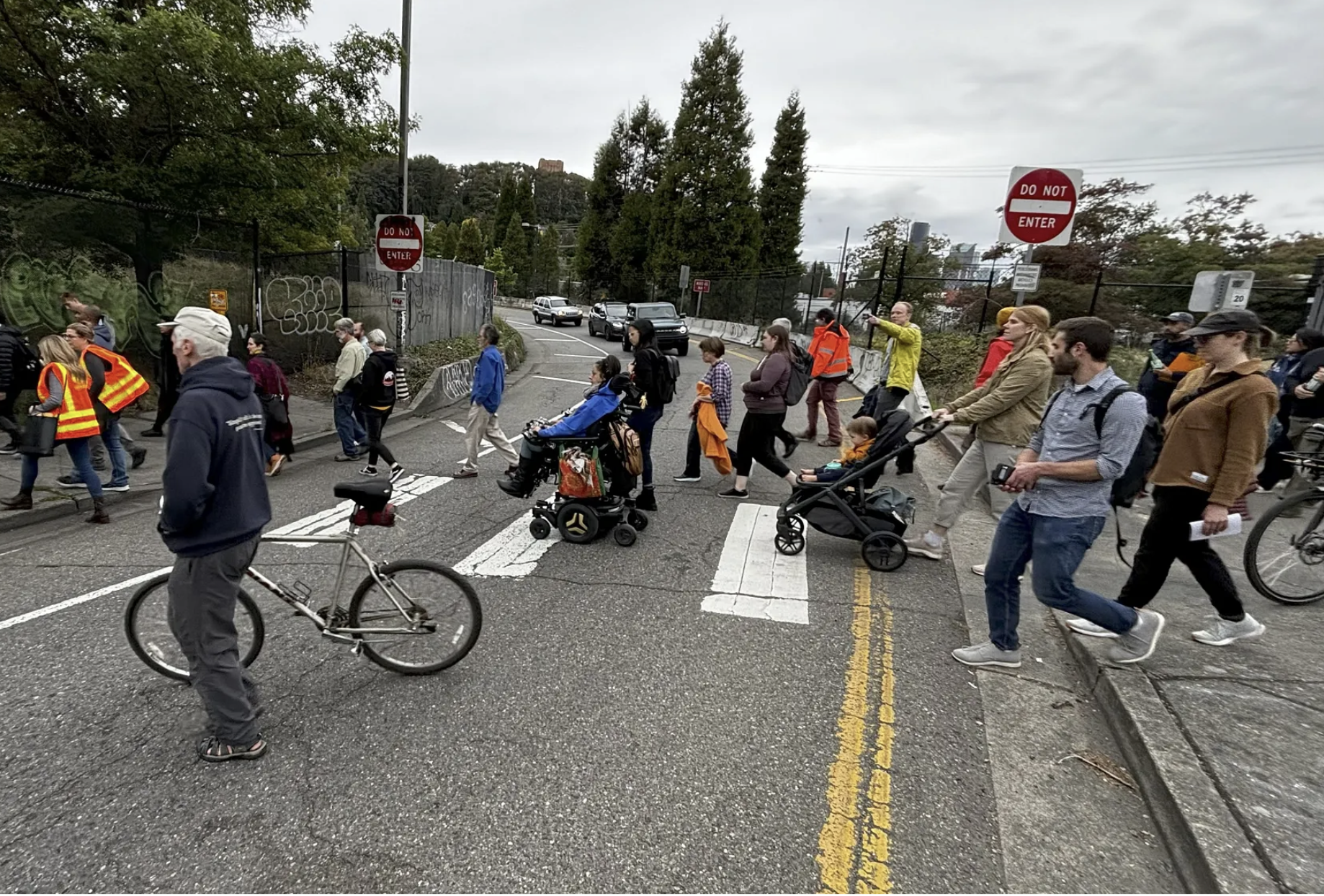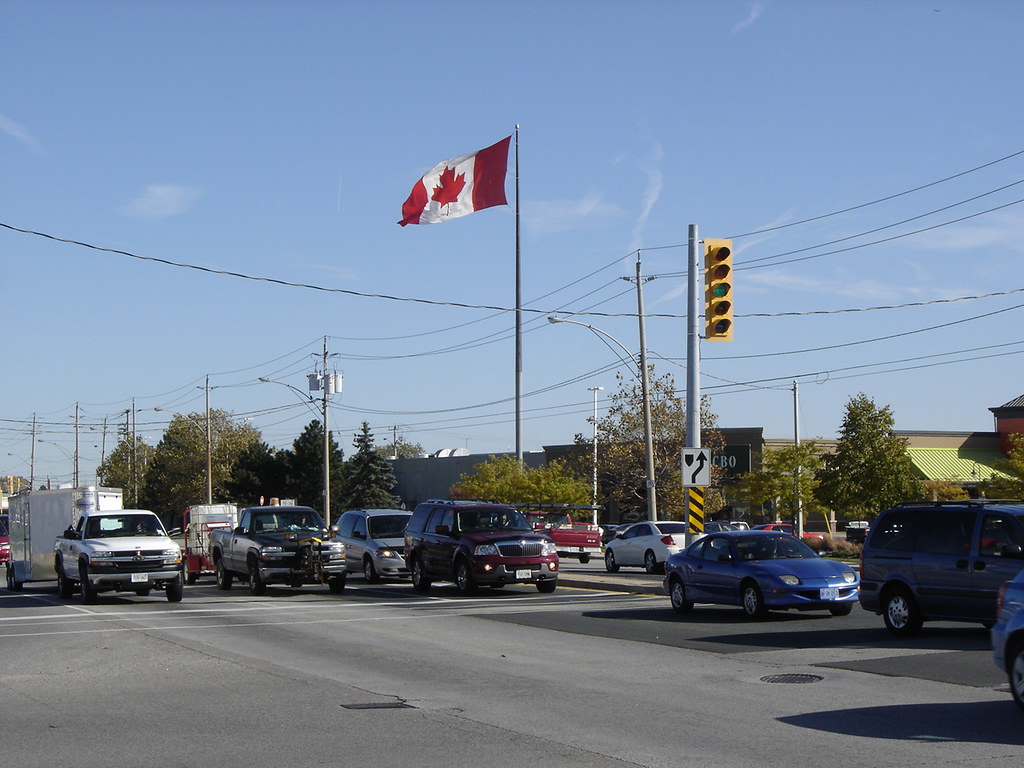Mobility Justice
When the Government Says You’re ‘Weaponizing’ Your Car
Immigrations and Customs Enforcement officers have been brutalizing and killing people who they perceive as threats. Is mass automobility multiplying their pretext to do it?
PROWAG Passed. Now What?
"Even though we do not yet have a set of comprehensive federally enforceable rules telling us how to make our streets and sidewalks accessible, there is still lots of work to do."
In the Era of Mass Deportations, Traffic Reform is More Important Than Ever
"We have tried criminalizing our way out of systemic problems before; it has not worked, and it has harmed the very communities we claim to support."
We Can’t Have Justice For All Without Public Transit For All
A Philadelphia lawyer makes the case for why public transit is crucial for a fair justice system.
Northern Disclosure: Canada’s Road Laws Could Help Save U.S. Lives
The U.S. would be safer if we implemented some of Canada's most common roadway laws — but the politics are complicated.
For Highway Teardowns to Correct the Wrongs of the Past, Focus on Housing
A messy housing project is complicating one of the most celebrated highway removal projects in the country — and bringing back memories of the past.
A Few Lowlights from Secretary Duffy’s First Transportation and Infrastructure Committee Hearing
Featuring: shouting matches, word-salad answers, blatant misinformation, and more.
Talking Headways Podcast: Why We Need ‘Universal Basic Mobility’
In a very special podcast, we’re joined by the great Madeline Brozen of UCLA to talk about how guaranteed transit lowers people's stress.
New Report Explores The Challenges — and Joys — Of Being Black in Public
Making Black North Americans feel welcome and safe in public isn't just about striking down racist transportation laws — and it may require transportation advocates to think more deeply about joy, a new report argues.
Marley Blonsky Talks Getting ‘All Bodies On Bikes’
At a recent webinar, cycling influencer Marley Blonskey talked about her journey — and why the bike industry needs to embrace "body neutrality."









